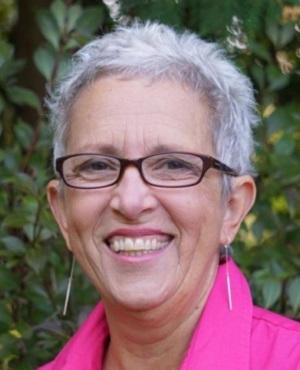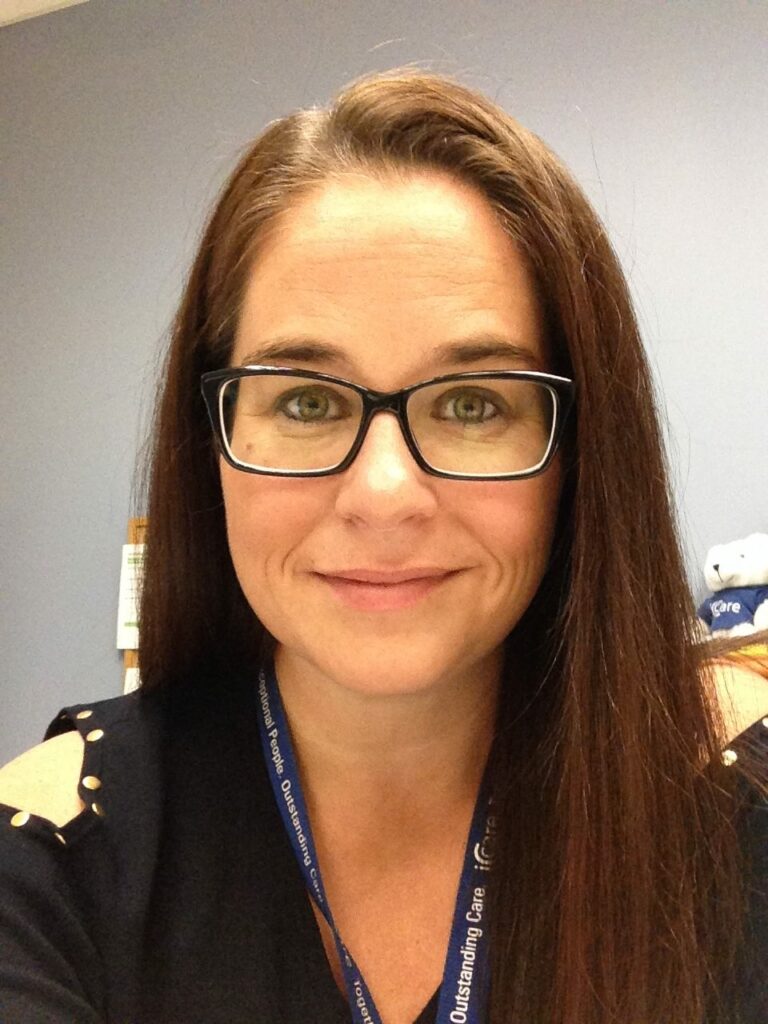Creating compassionate communities within pediatrics
This project involved using wearable technology to capture children’s stories of the barriers they face in their daily lives. By capturing their stories in real-time and in their own words, the project provided useful data. That data was shared with rehabilitation and engineering students within virtual reality environments.
Read MoreHow engaging with the social determinants of health can help us deliver more compassionate care
Gary’s research helps health providers, teams, and institutions engage with patients’ stories so they can understand, relate to, and work with the complex social contexts in which people live.
Read MoreBuilding Expertise in the Development of a Co-Produced Quality Improvement Health Literacy Initiative in the Acute Care Setting
The role of the healthcare consumer is extending beyond that of a passive recipient of care to an active participant. This participation is described in the literature in a number of ways, including patient engagement, patient involvement and patient-and family-centredness. Nevertheless, patients may not be able or willing to be involved in the provision of…
Read MoreTransitional Care for Geriatric Patients in Acute Care
Senior Friendly Care is a corporate strategy at Sault Area Hospital and this project will provide me and my team with the opportunity to drive new tactics for senior friendly care in acute care. Evidence-based practice guidelines and methods will be utilised including RNAO Best Practice Guidelines, Quality Based Procedures clinical handbooks, Health Quality Ontario…
Read MoreIncreasing Communication to Improve the Retro-Transfer Process in Neonatal Care: A Quality Improvement Project
The birth of an infant requiring hospitalization in a neonatal intensive care unit (NICU) is undoubtedly a stressful experience for parents. Due to the regionalization of neonatal care, most infants admitted to the NICU at The Hospital for Sick Children (SickKids) are acutely treated then subsequently retro-transferred to a lower-level NICU for convalescent care (McCormick,…
Read MoreLearning compassionate care through palliative care in a rural community
See how this fellowship used palliative care practice in a rural community on Manitoulin Island to consider how patients’ voices from different cultures can enrich the planning and delivery of healthcare services.
Read MoreIntegrating patients’ voices into health professions education
In her fellowship, Katherine led the design, implementation, and evaluation of a new, bilingual, online curriculum at the University of Ottawa. It provided clinician-educators with information and strategies on how to actively involve patients and their families in health professions education (HPE).
Read MoreA patient-centered approach to improve experiences and outcomes for head and neck patients
This project arose from needs I observed when working as a patient designated oncology nurse in the cancer clinic. Most of my practice involved those diagnosed with a head and neck cancer. These patients are very complex due to the intensity of their treatment, its side effects and other psychosocial issues common to the patient…
Read MoreEngaging clients and families in falls prevention
As a geriatric rehabilitation nurse who is passionate about improving care for my patients, I was excited to begin my fellowship, which focused on engaging clients and families in falls prevention. Falls are the predominant cause of injury for older adults across Canada, accounting for over 85% of all injury-related hospitalizations (RNAO, 2011). Baycrest Health…
Read MoreEnhancing compassionate care training during pediatric residency
Jill’s fellowship implemented a longitudinal curriculum program within a pediatric residency training program. The curriculum enhanced healthcare providers’ therapeutic encounters with patients and families.
Read More









